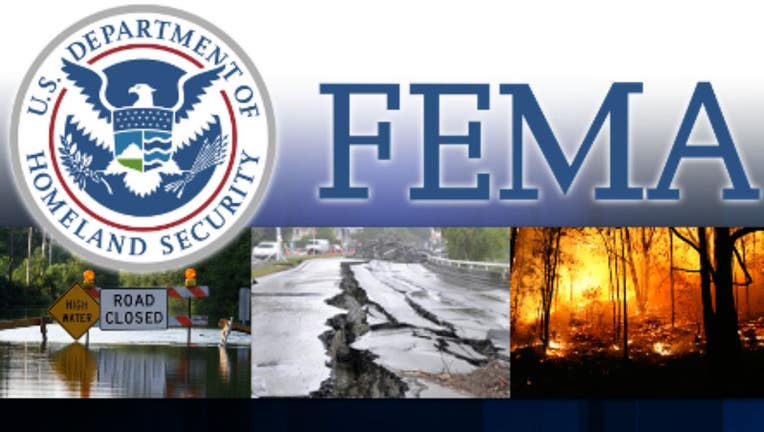Preparing for Disaster: FEMA experts show how people can survive on their own

“Think about what could happen even if you’re just driving from work to home. Maybe it’s an I-5 bridge collapse in Skagit County, you just never know what’s going to happen.” That’s what FEMA’s regional director Ken Murphy says is part of surviving a natural disaster. Preparing for it in advance, not waiting until it hits. “We like to really try and promote, if you can, at least think of a weeks worth of supplies,” Murphy says. Batteries, food, water and blankets for your home and car are just a few items to have in hand for an emergency. Murphy is clear about his biggest concern for our area, saying, “ “We have a lot of planning efforts going on here in the state of Washington and our region for the Cascadia subduction zone earthquake.” Nine out of ten of the biggest earthquakes in the U.S. have happened just to our north in Alaska. And because we are close to a major subduction zone which could give us a one, two punch. “The thing that I always like to point out is we not only have the earthquake to think about, but we also have the potential for tsunami. And so this area in the dark colors- red is bad. We’re looking at a tsunami and an earthquake hitting the coastal areas of both Oregon and Washington,” explains Murphy. Still they plan and prepare as best they can setting up exercises in Eastern Washington in case the worst hits the western side. “To set up staging basis on the east side of the state where there is no earthquake damage and then move things by helicopter,” Murphy says. They also practice on ham radios in case cell service is down, but there’s only so much this agency can prepare for so they’re hoping you will get involved. “This is something that we’ve been doing for quite a few years across the country, but especially in the western U.S.” Murphy explains. It’s called “The Great Shakeout” and it’s taking place on October 17th with close to a million people participating this year. Anyone can sign up and it’s a way to remind people in advance and help people keep their families safe. Murphy adds, “ We always try and keep some of these things fresh in people’s minds to remind them. Unlike snow storms or severe winter storms, wildfires, that happen fairly regularly around here, earthquakes don’t so we want to keep this sort of things in people’s minds.”

